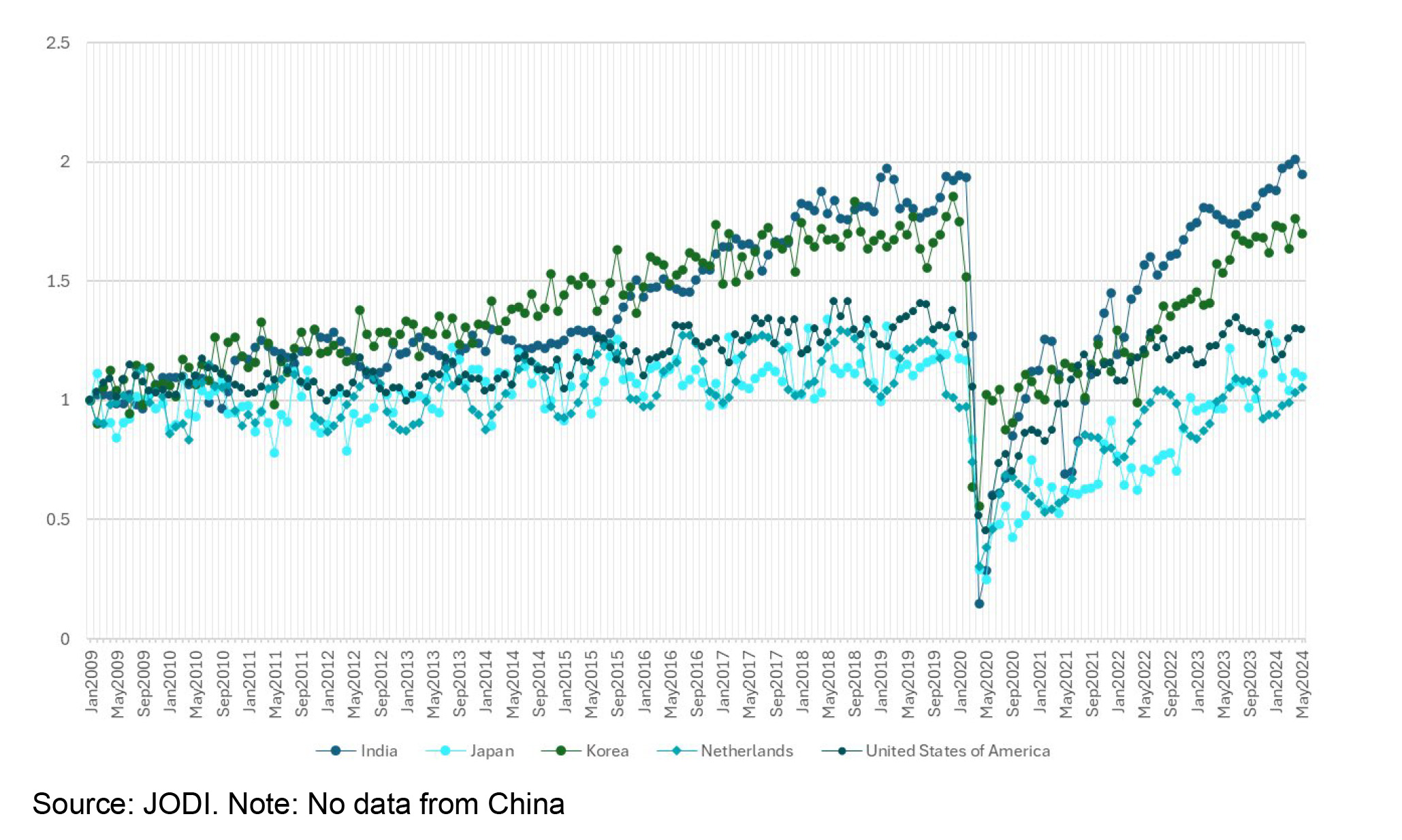Beyond its essential role in facilitating the mobility of passengers and goods worldwide, transportation is also a crucial enabler for achieving the 2030 Sustainable Development Goals (SDG). Since the beginning of this decade, the industry has faced significant challenges, including one of its biggest crises during the COVID-19 pandemic, followed by conflicts that have affected aviation and energy supply. Passenger transport declined by more than half in 2020 due to the COVID-19 pandemic, while freight transportation remained relatively stable, ensuring the distribution of essential goods such as agricultural products, food, medical products, and equipment across the globe.
Transportation is among the largest consumers of oil worldwide, with more than half of global oil demand driven by this sector. Fuel consumption by commercial airlines has now surpassed pre-pandemic jet fuel consumption levels, highlighting the sector’s resilience and gradual recovery from the unprecedented disruptions it has faced in recent years.
Key Figures
Figure 1 – Fuel Consumption of System-wide Global Commercial Airlines
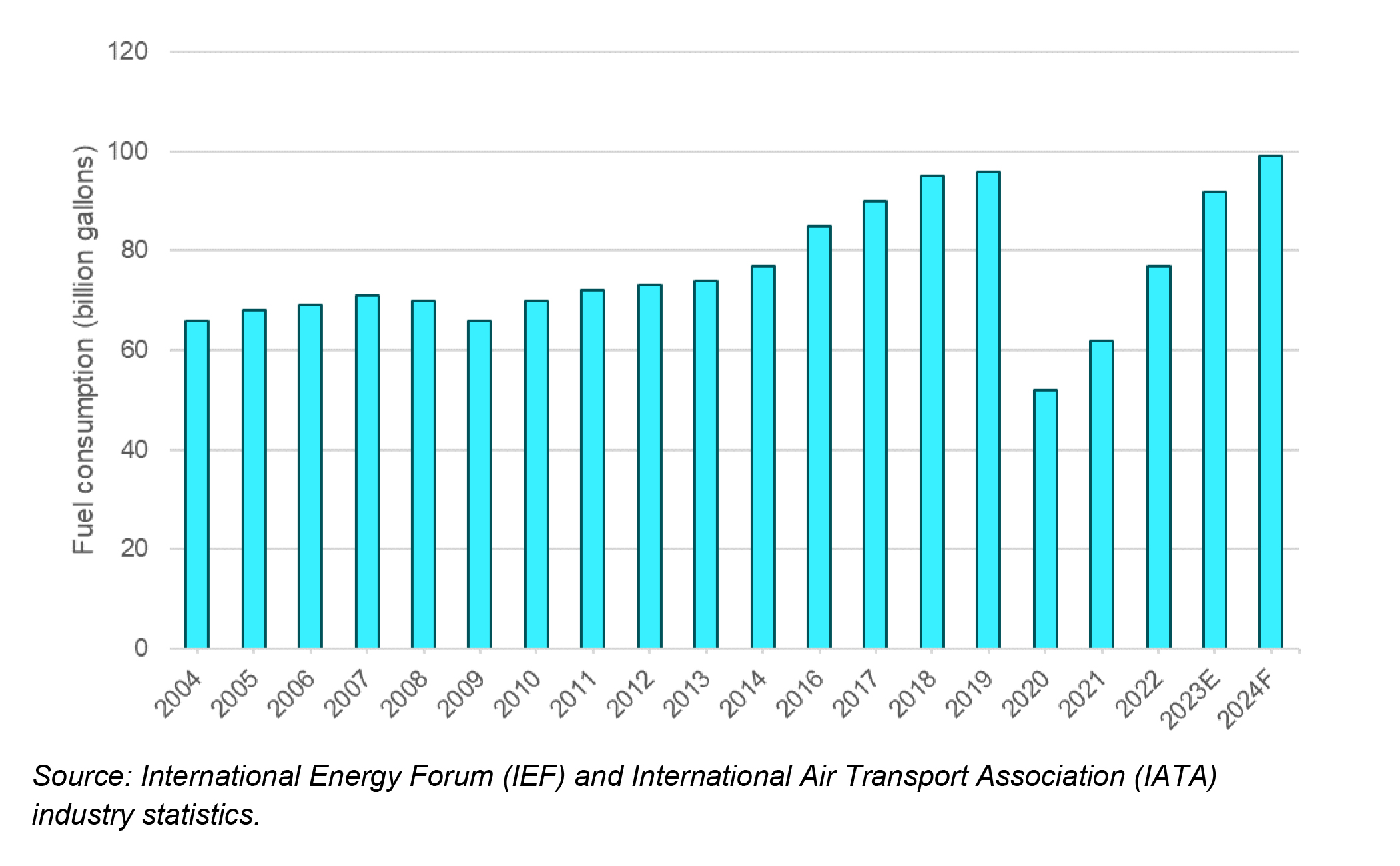
Figure 4 – Regional Economic Growth Compared to Global Trends
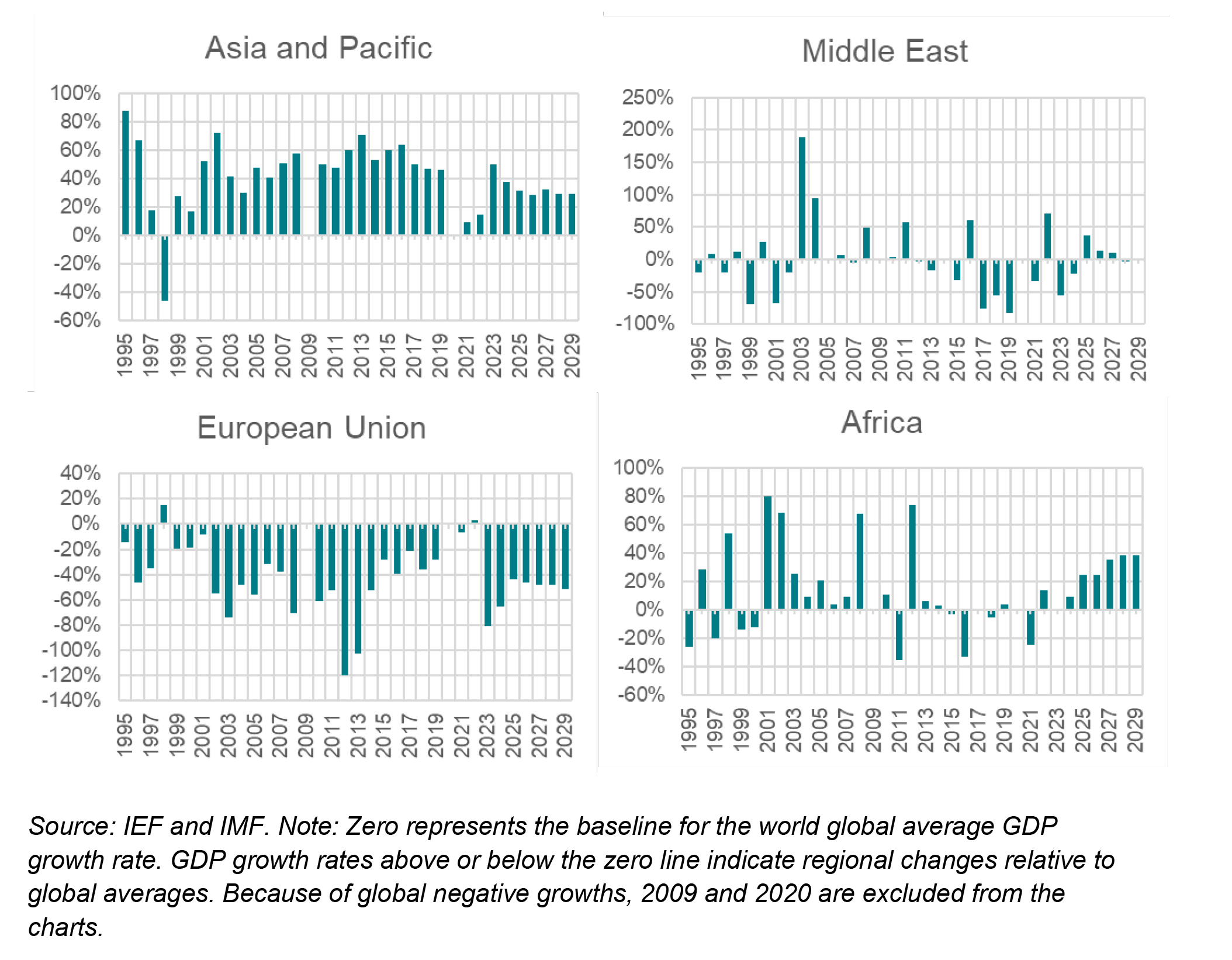
Figure 5 – IEA OPEC and US EIA projections of Oil Demand in the Transport Sector
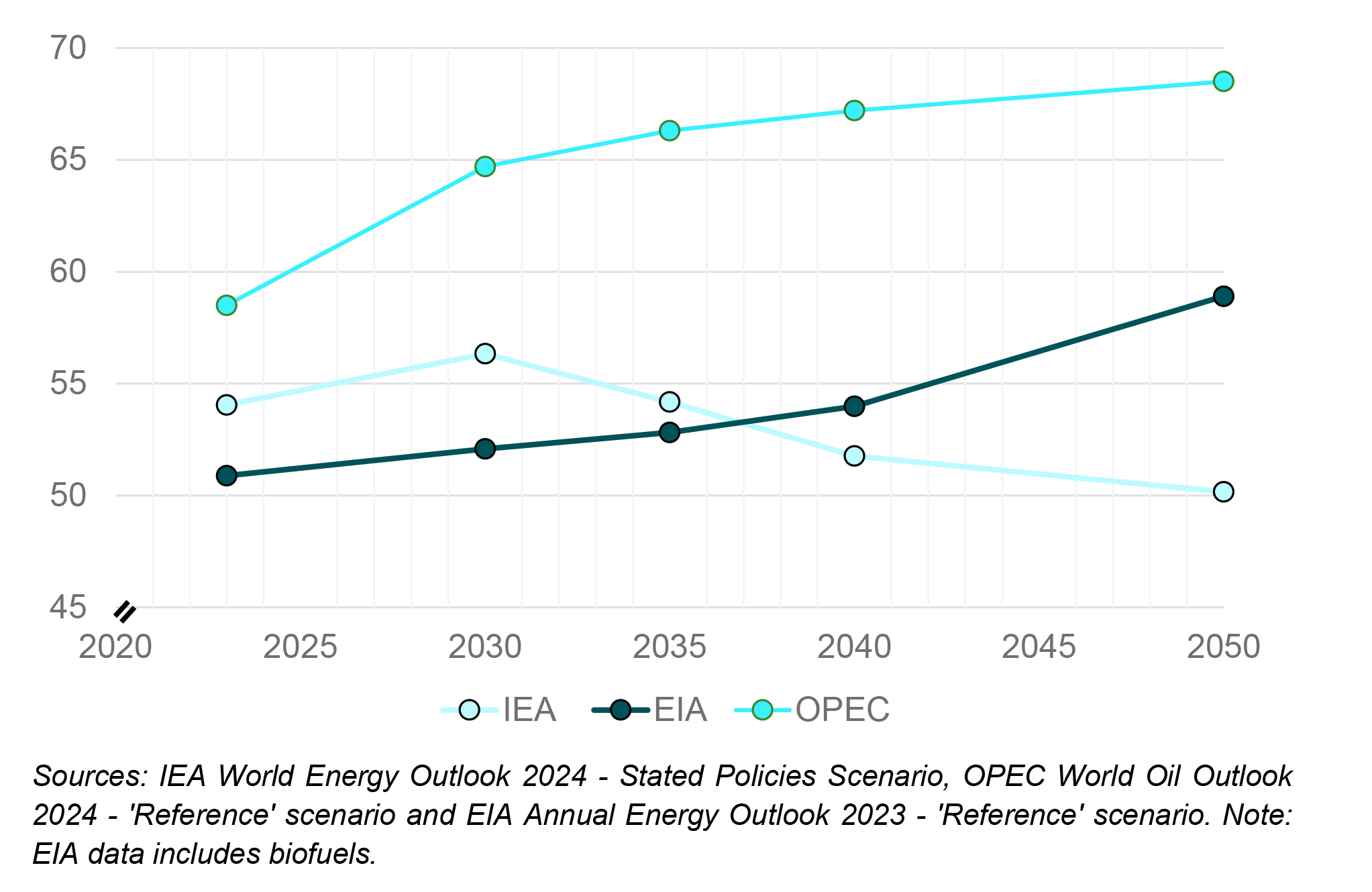
Figure 9 – Total World Greenhouse Emissions from Transportation Sector, by Mode (Mt)
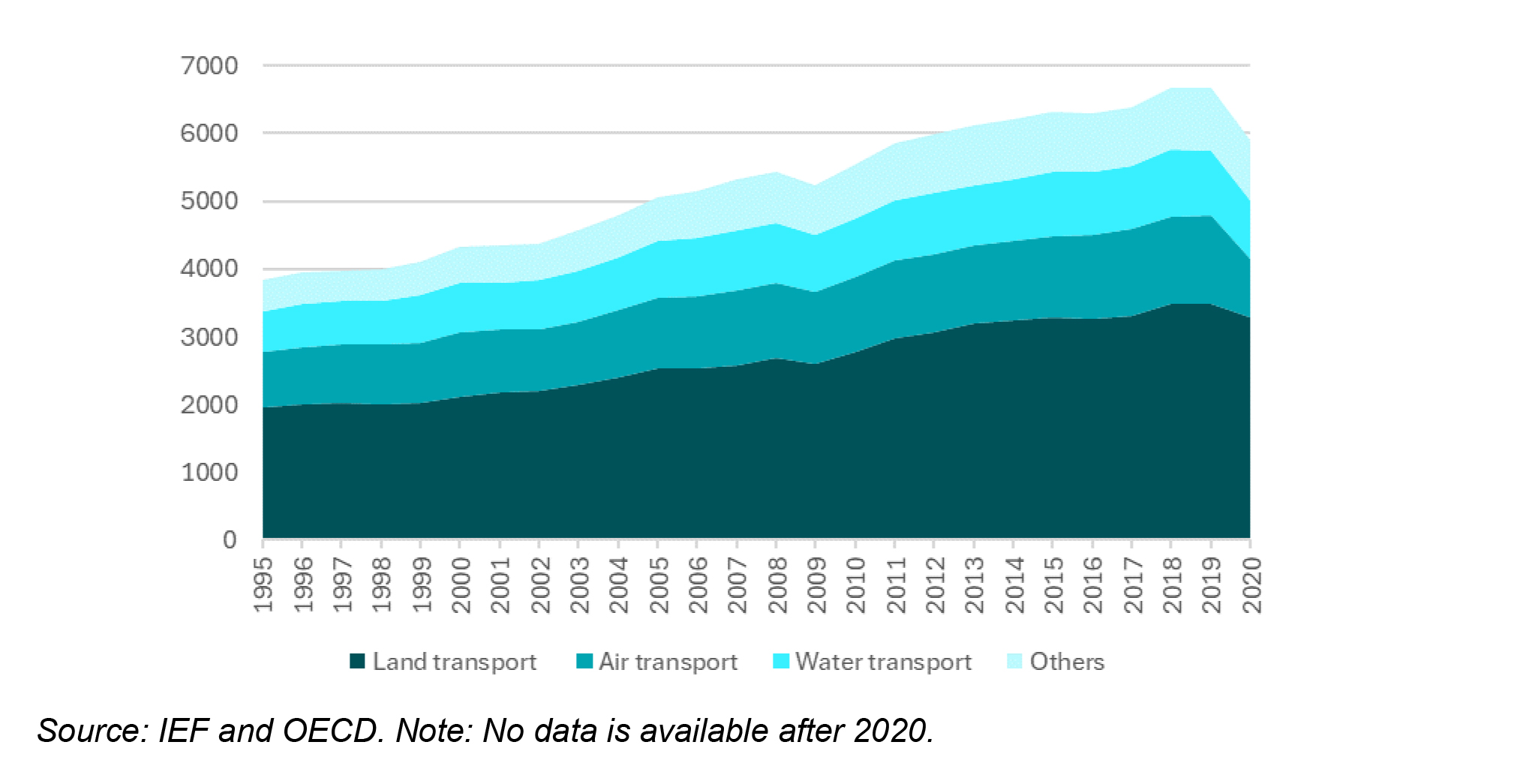
Figure 12 – Jet fuel demand from the major consumers presented in JODI
